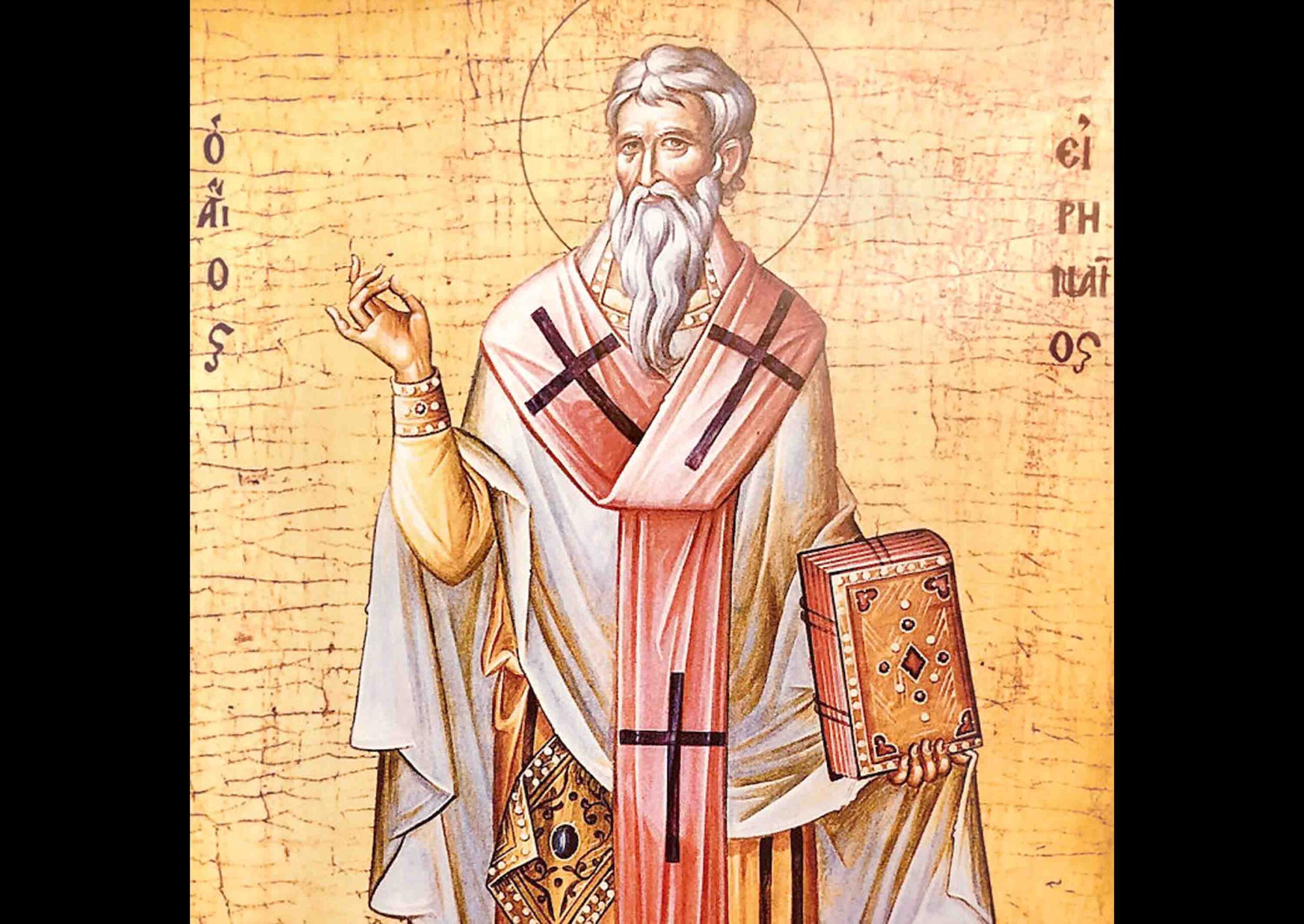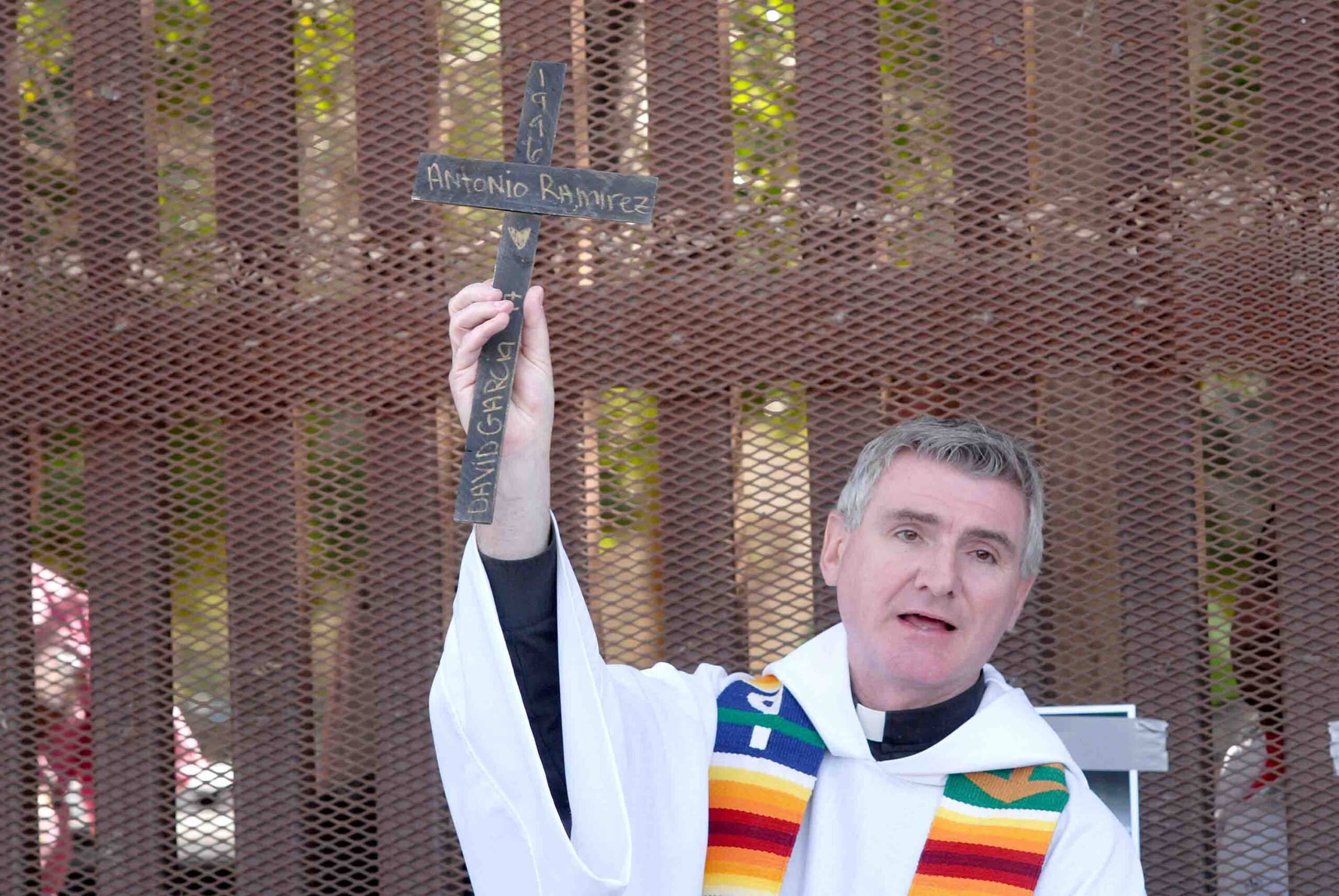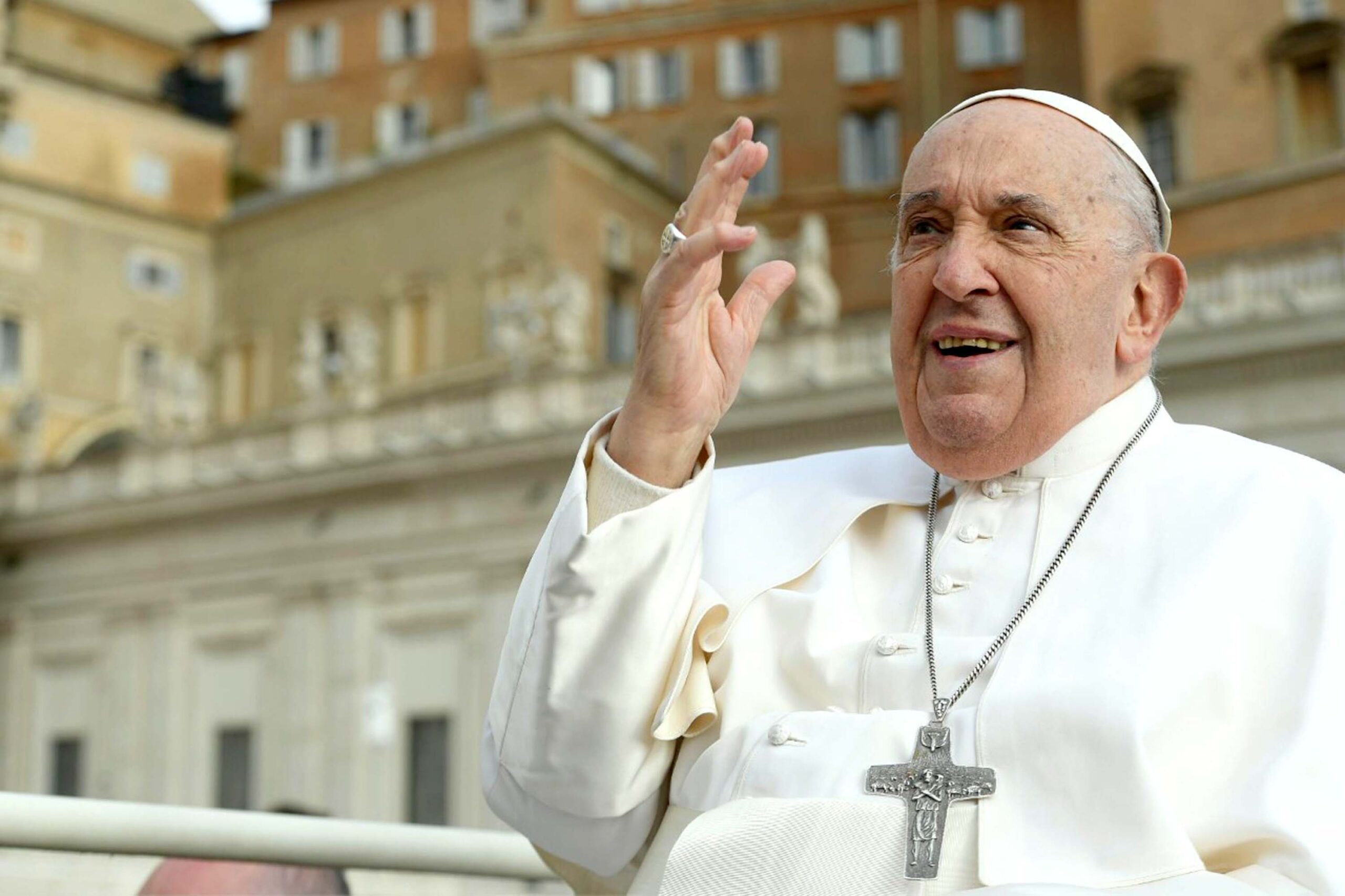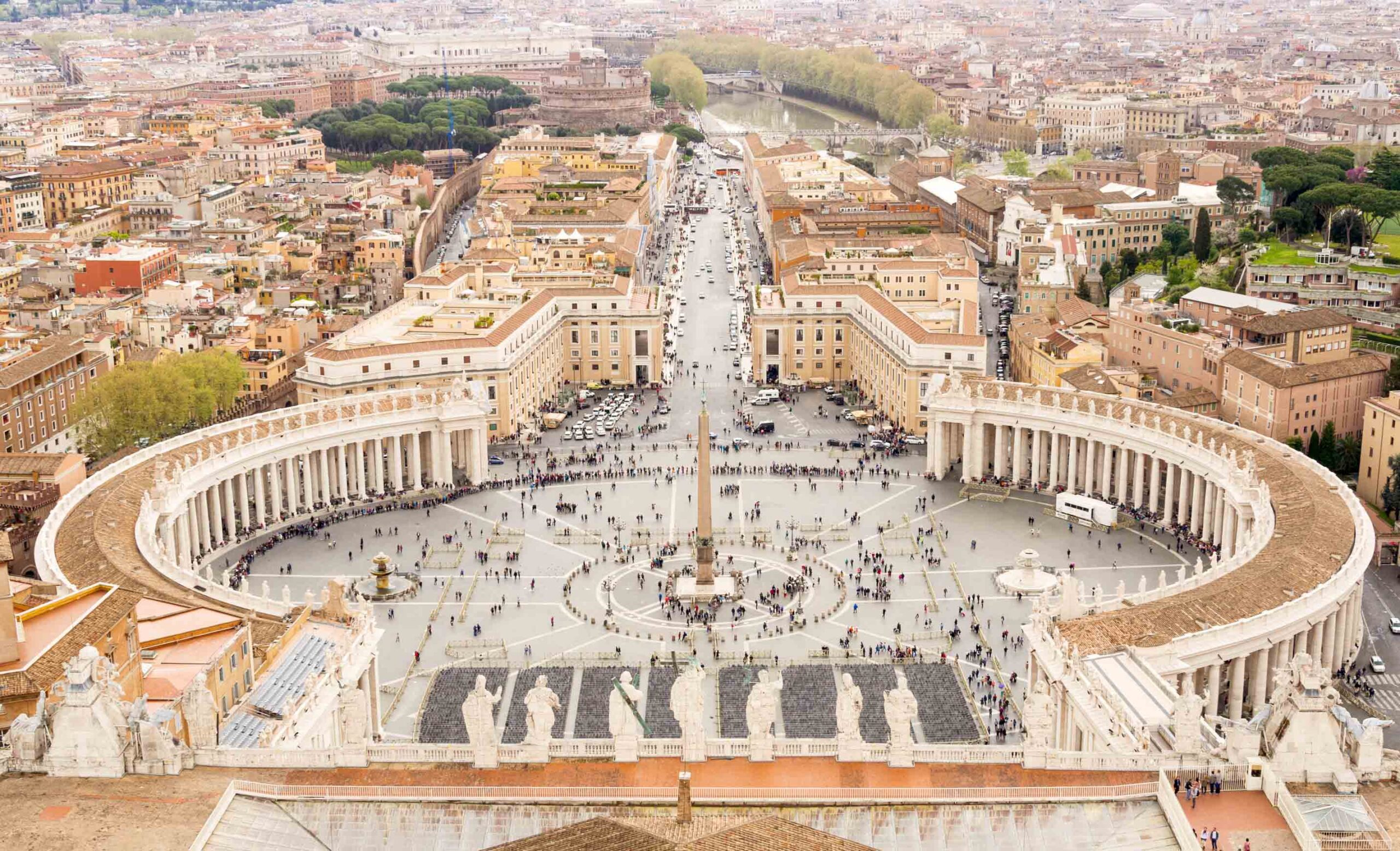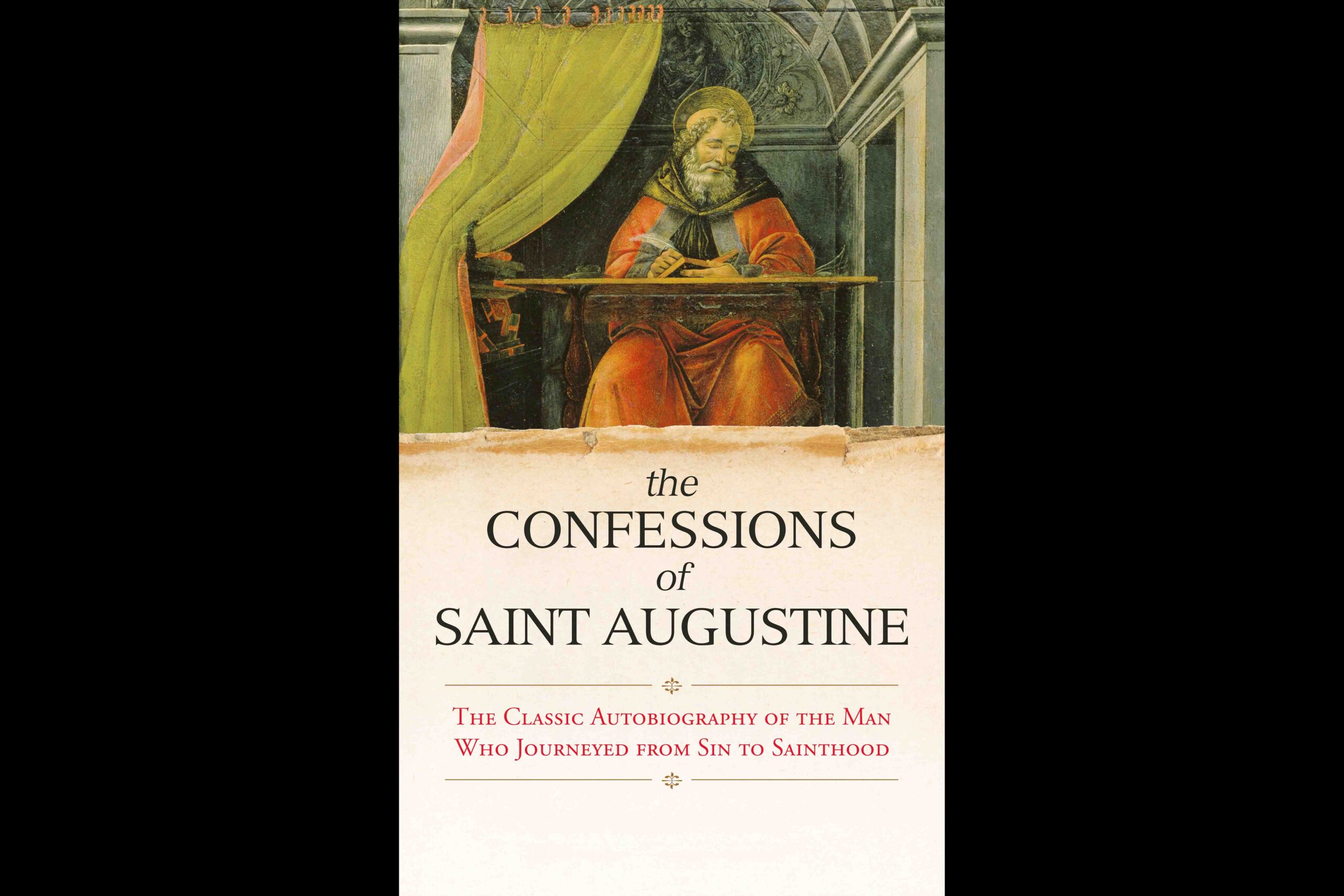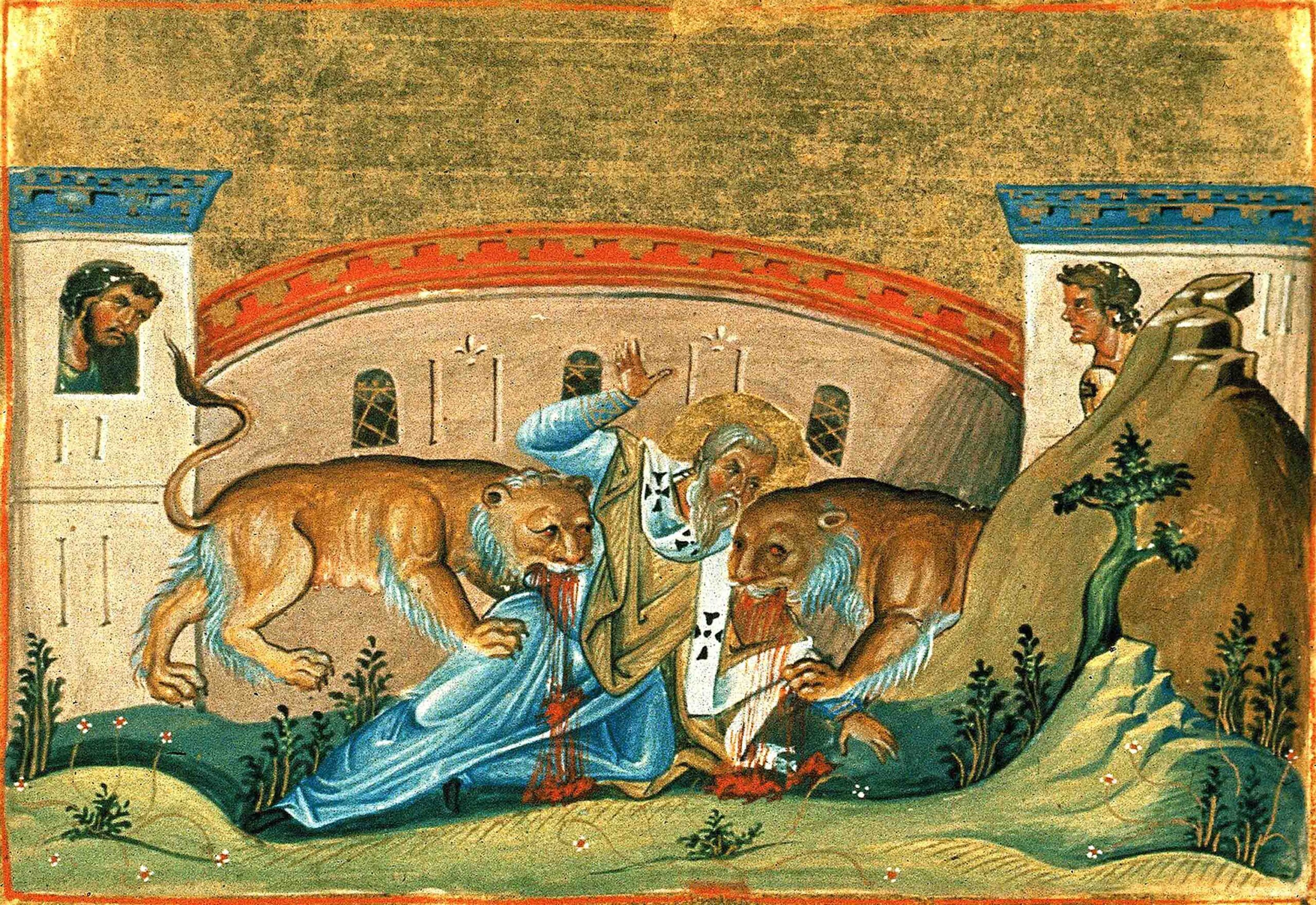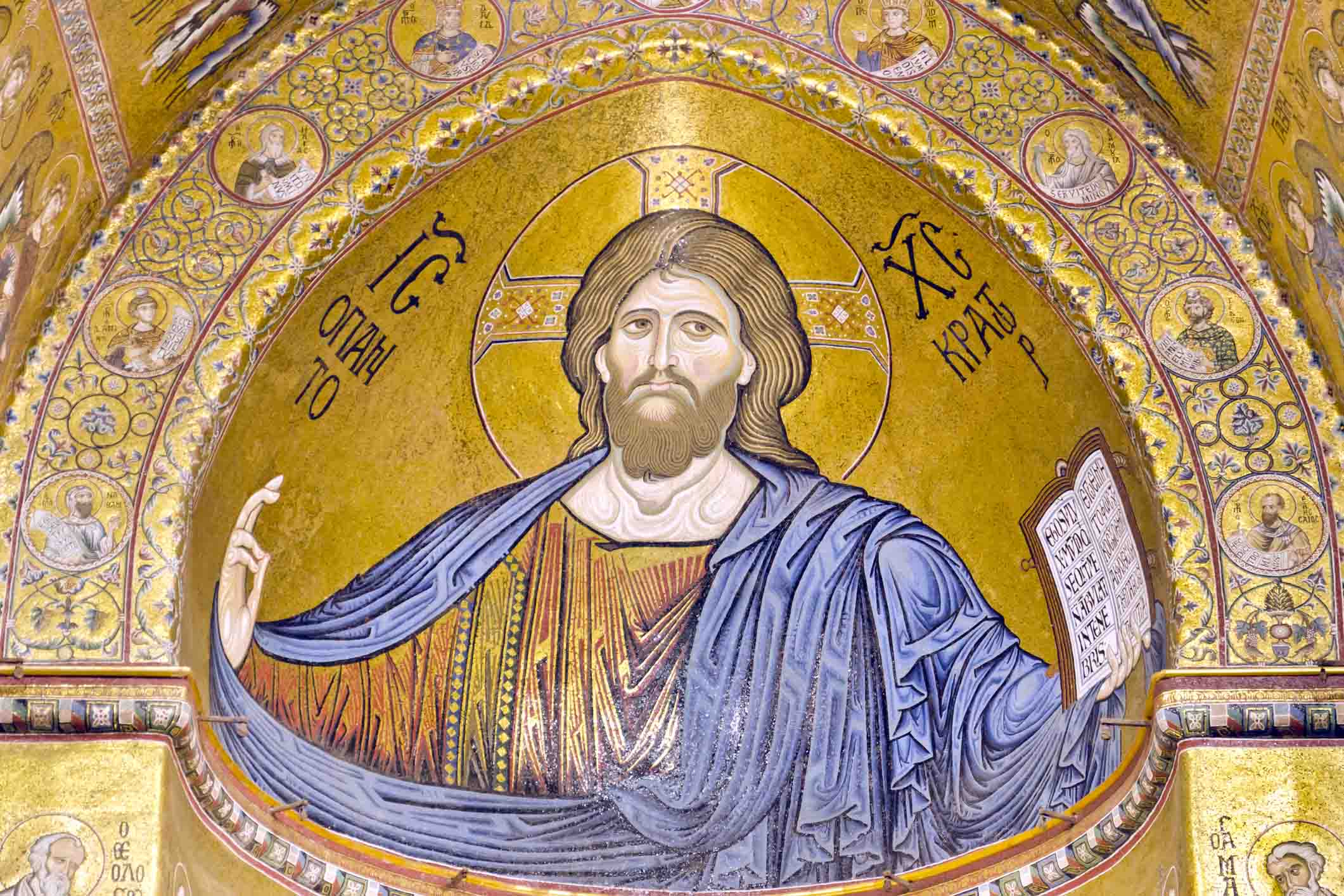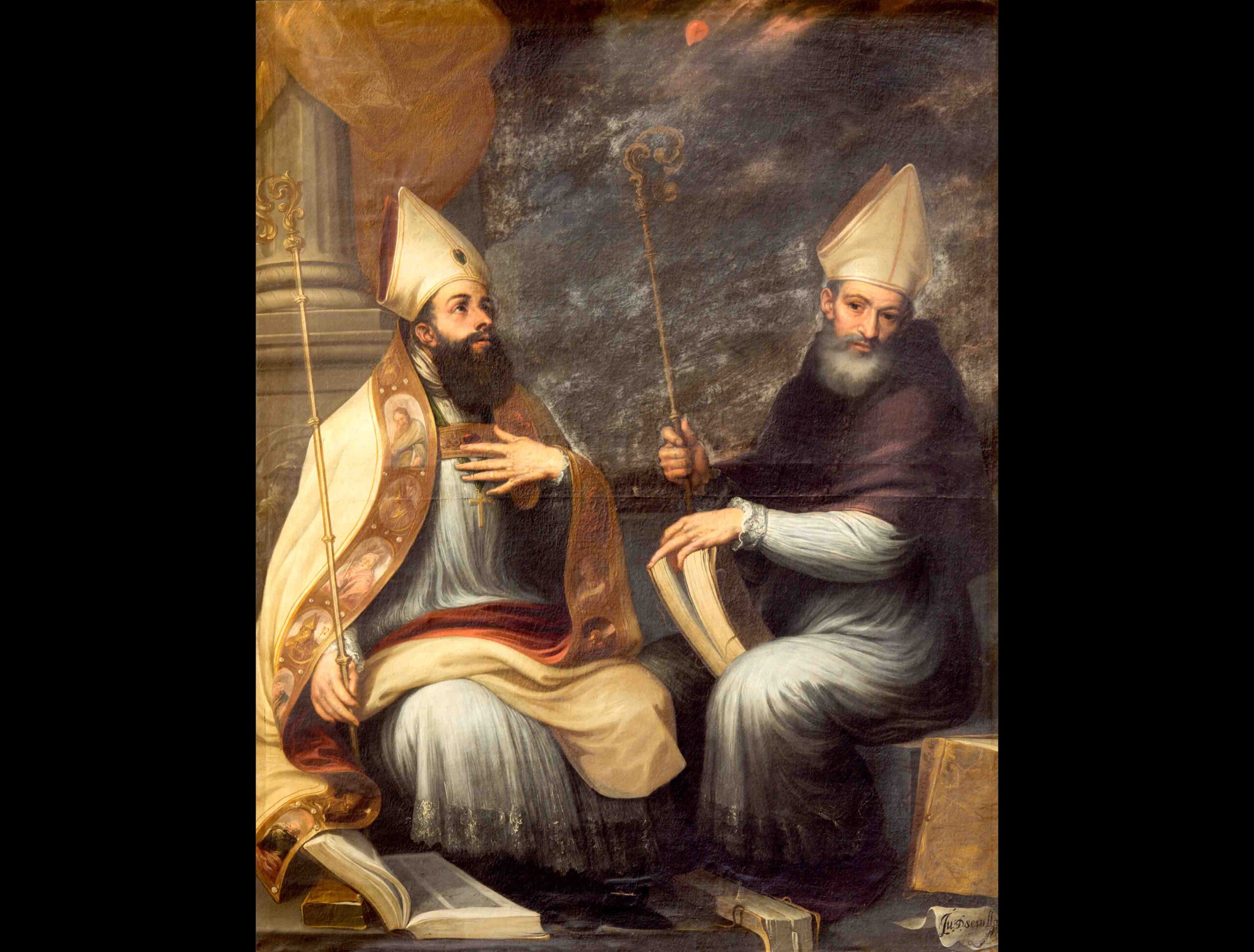Born in Smyrna about 130 AD, a disciple of Saint Polycarp, bishop of Smyrna, who was the disciple of Saint John the evangelist and died burned at the stake, Irenaeus was a priest at Lyons in France at the time of the persecution there. He became bishop of the city of Lyons when the previous bishop was martyred. He is known as a theologian, a powerful defender of the faith against the heresy of the Gnostics. His best-known work is “Against Heresies”.
To counter the doctrines of the gnostic sects claiming secret wisdom, he offered three pillars of orthodoxy: the scriptures, the tradition handed down from the apostles, and the teaching of the apostles’ successors. Intrinsic to his writing is that the surest source of Christian guidance is the Church of Rome, and he is the earliest surviving witness to regard all four of the now-canonical gospels as essential. He is thought to have been martyred around the year 200.
THE STRENGTH OF TRADITION
About tradition, he wrote: “The church, which is spread throughout the whole world even to the ends of the earth, has received from the Apostles and their disciples that faith in one God, the Father Almighty who made heaven, earth, the sea and all that is in them, and in Jesus Christ the Son of God, who became incarnate for our salvation, and in the Holy Spirit. Through the prophets, the Holy Spirit preached the designs of God and the advent, the birth from a virgin, the passion, resurrection from the dead and bodily ascension into heaven of our beloved Lord Jesus Christ, and His coming in the glory of the Father.
He will come to ‘recapitulate all things’ (Ephesians 1:10) and to raise all human flesh so that, according to the pleasure of the invisible Father, every knee may bend of those in heaven, on the earth, and under the earth. Every tongue may confess (Philippians 2:10) Jesus Christ our Lord and God, our Savior and King, and He might pronounce a just judgment on all.
Since she has received this preaching and this faith, as we have said, the church spread throughout the world carefully preserves them as though inhabiting one house, likewise believes them as though with one heart and one soul, and fittingly preaches, teaches, and passes them on as though with one mouth.
Although there are different languages in the world, nevertheless the strength of the tradition is one and the same. Those churches founded in Germany do not believe or hand on any other doctrine than those in Spain, or among the Celts, or in the East, in Egypt, in Libya or in the center of the world. Just as the sun, God’s creature, is the same in the world, the preaching of the truth shines everywhere and enlightens all who desire to come to a recognition of the truth.
Neither will the one who is accomplished in oratory among church leaders say anything other than these things – for no one is above his master – nor will the one who is weak in speech diminish the tradition. Since the faith is the same, the one who can say much concerning it does not increase it, nor does the one who can say little diminish it” (Refutation of the False Gnosis I, 10,1-2).
“THE GLORY OF GOD IS THE LIVING MAN”
As much renown and even more is what Irenaeus wrote about man in relation with God: “The Word became the dispenser of the paternal grace for the benefit of men, for whom He made such great dispensations, revealing God indeed to men, but presenting man to God, and preserving at the same time the invisibility of the Father, lest man should at any time become a despiser of God, and that he should always possess something towards which he might advance; but, on the other hand, revealing God to men through many dispensations, lest man, falling away from God altogether, should cease to exist.
For the glory of God is a living man; and the life of man consists in beholding God. For if the manifestation of God which is made by means of the creation, affords life to all living in the earth, much more does that revelation of the Father which comes through the Word, give life to those who see God” (Refutation of the False Gnosis IV, 20,7).
Within the conviction of the strength of tradition, which is the faith of the living and believing community of the Church, the teaching about the full realization of human beings in beholding the vision of God and, in this way, becoming God’s glory is very relevant and very Catholic. This makes Irenaeus a classic.

